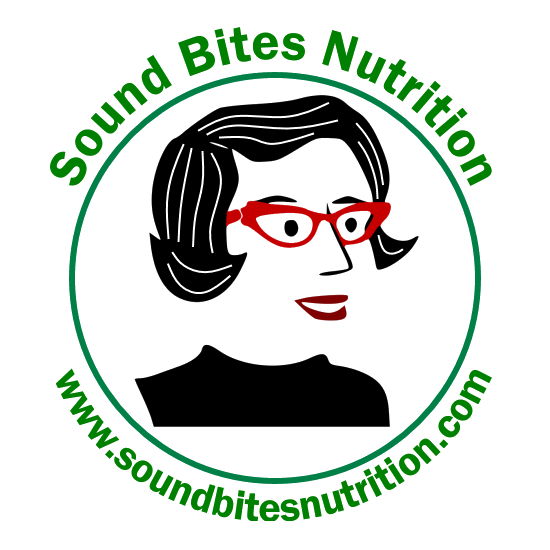Is Gluten-Free for Me?
 October is Celiac Disease Awareness Month, so we thought we'd share some light on what it is and isn't, and how to treat it.Fact:
October is Celiac Disease Awareness Month, so we thought we'd share some light on what it is and isn't, and how to treat it.Fact:
- Celiac disease is an autoimmune disease that can develop at any time in your life. It is typically triggered by some physiologic condition (pregnancy, illness, stress) and you must have exposure to gluten, a protein found in wheat, rye and barley.
- Gluten does damage to the lining of the small intestine, causing malabsorption of nutrients, weight loss and pain after eating. Other symptoms include depression, joint pain and bloating. Some people with celiac have NO symptoms.
- Celiac disease can be genetic. If someone in your family has celiac disease, you may be at higher risk for it as well.
- The only treatment for celiac disease is taking gluten out of your diet. Even if you have no symptoms, gluten can be damaging your gastrointestinal tract.
- There are many gluten-free products available commercially in stores and online.
Fiction
- A gluten-free diet will help me lose weight. This is only true if your calorie intake is lower than what you normally eat.
- Wheat allergy is the same as celiac. This is not true. A person with a wheat allergy does not have damage to their intestinal tract and may suffer headaches, skin changes or other symptoms.
- Oats are safe to eat on a gluten-free diet. Oats are often processed in factories containing gluten. It is best to avoid oats unless they have not been processed in a factory with gluten-containing foods.
- If you think you have celiac disease, you should stop eating wheat. False. If you suspect you have celiac disease, you must continue to keep gluten in your diet before you have a blood test for celiac disease. Eliminating it from your diet may cause you to have a false negative test.
- A gluten-free diet is a treatment for Autism. While parents of children with autism believe this is true, it has not been scientifically tested.
.
